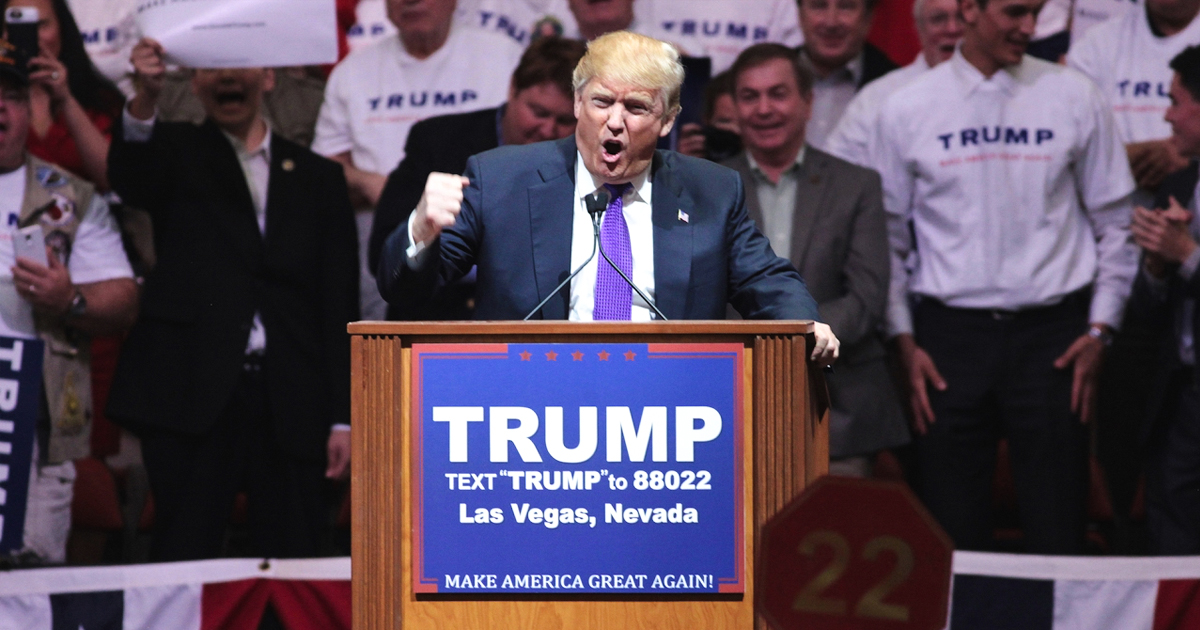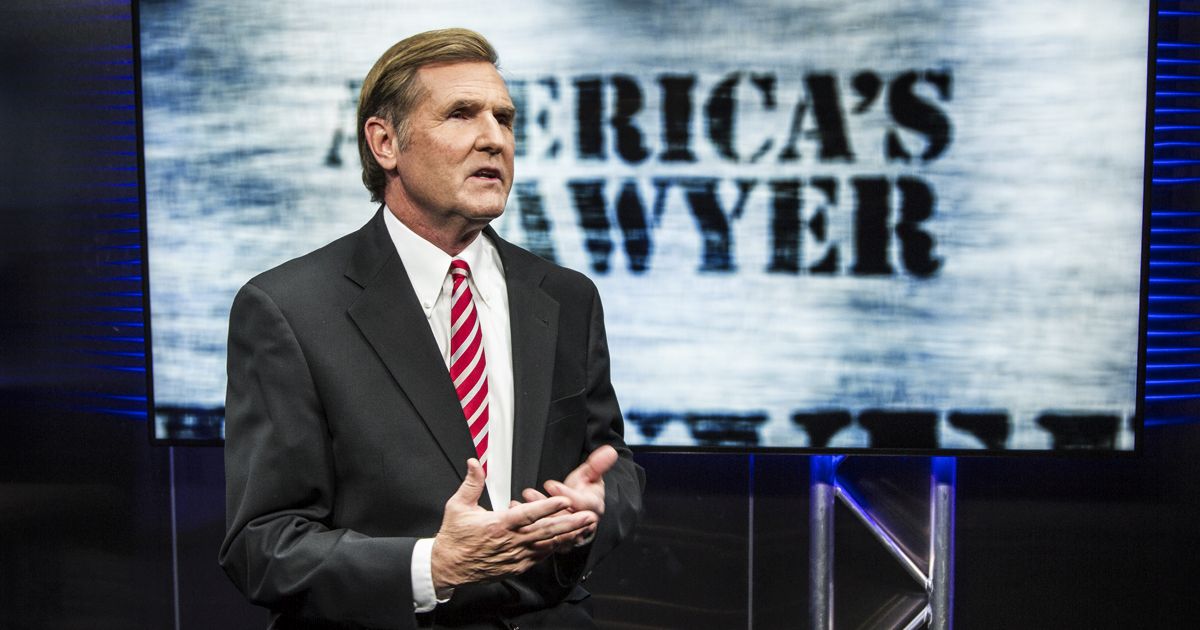New Hampshire’s highest court this week correctly upheld a $236 million judgment against Exxon-Mobil, one of the worst corporate polluters on the planet. The oil corporation that has spent hundreds of millions of dollars spreading lies regarding the global climate crisis will now hopefully have to take responsibility for cleaning up the mess created by a chemical additive in its gasoline, found in nearly 10% of the private wells in New Hampshire. Of course, Exxon-Mobil will now try to appeal to the United States Supreme Court.
The chemical at the heart of the litigation is known as methyl tert-butyl ether, or MTBE. Banned in New Hampshire since 2007, it is an oxygenate that reduces carbon dioxide emissions while raising octane levels. It is also highly toxic when spilled at filling stations or leaked from underground storage tanks. Removing it from soil and groundwater is costly. The EPA began phasing it out around the turn of the present century. In 2005, Congress passed the Energy Policy Act. Originally, Representatives Tom DeLay and Joe Barton of the oil-producing State of Texas attempted to include provisions shielding Exxon-Mobil and other petroleum companies from MTBE liability. However, those provisions were ultimately stripped from the bill before then-president George W. Bush signed it into law.
New Hampshire is not the first place that the Exxon-Mobil has run into legal difficulties over MTBE contamination. In the mid-1990s, the U.S. Geological Survey found elevated levels of MTBE in wells in Santa Monica, California. In 2009, after over a decade of legal battles, Exxon-Mobil – along with Chevron, BP and other major oil companies – settled the case for $423 million.
Between 2004 and 2006, MTBE contamination was found in two Maryland communities. In 2009, a court ordered Exxon-Mobil to pay $150 million in compensatory damages to local residents.
The current case in New Hampshire has been dragging on for well over a dozen years and has cost the state approximately $10 million. The complexity of the case required the New Hampshire Attorney General’s Office to bring in outside counsel specializing in litigation between state and local government and corporate polluters. A founding partner of that firm, Vic Sher of San Francisco-based Sher-Leff, told PR Newswire,
Our goal is to ensure that the costs associated with the contamination of drinking water is paid for by those who are responsible for the pollution, not the citizens…Exxon-Mobil knew of the risks associated with adding MTBE to gasoline and failed to warn the State or the EPA about those dangers.
Sher adds, “It sends a clear message to companies that they are responsible for the environmental consequences of their business decisions.”
Exxon-Mobil is not taking it lying down. Todd Spitler, a spokesman for Exxon-Mobil argues that:
MTBE contamination has been found in New Hampshire because someone spilled gasoline in New Hampshire, not because it was added to gasoline in a refinery in another state…[New Hampshire] should have sued the parties responsible for spilling gasoline, not the refiners who were compelled by law to add oxygenates to gasoline.
In a prepared statement, current New Hampshire Attorney General Joseph A. Foster (the fifth AG to work on this case since 2003) said: “This historic decision sends a clear message that New Hampshire will not permit polluters to endanger the health of its citizens and destroy its natural resources.”
Exxon-Mobil is expected to appeal the ruling.




